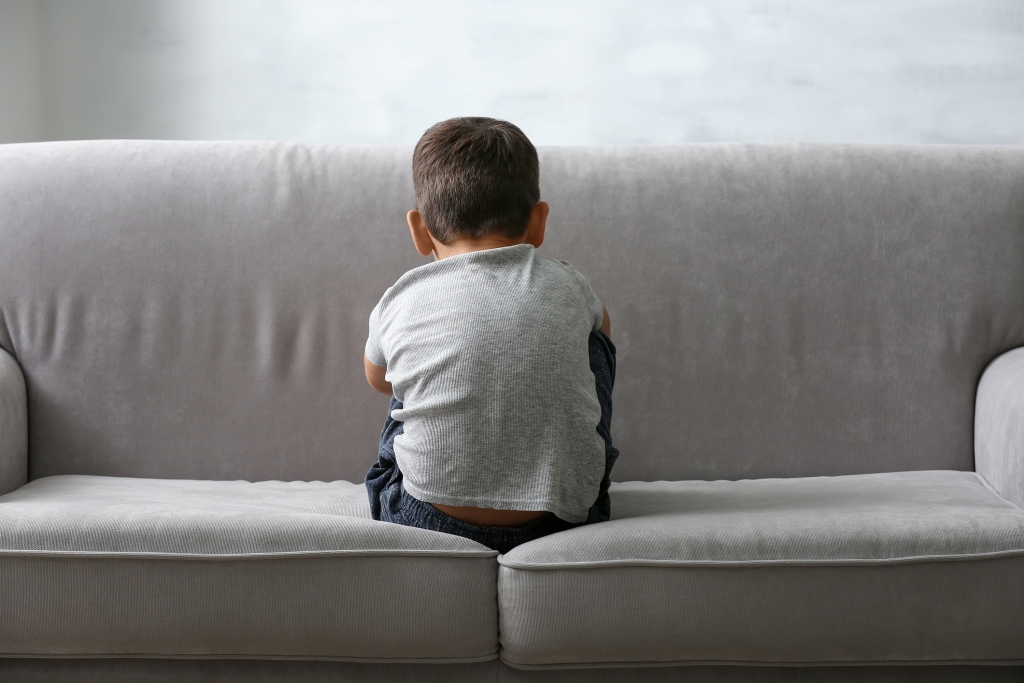How to Identify Depression Symptoms in Children
 Depression symptoms in children can be difficult to spot. In fact, many people are unaware that children can have depression or other mental health conditions.
Depression symptoms in children can be difficult to spot. In fact, many people are unaware that children can have depression or other mental health conditions.
Furthermore, children who are struggling with depression may not experience the same symptoms as adults. Even similar symptoms can manifest differently in children.
A child could become depressed for a variety of reasons—a troubled home life, issues at school, feeling left out or lonely amongst their peers, etc. Sometimes, symptoms of depression can even arise for unknown reasons.
As a result, this can leave a child wondering why they don’t respond to situations the way everyone around them does. If your child is exhibiting a few of these symptoms of depression, it may be time to look into child counseling.
1. Losing Interest in Favorite Hobbies
Adults with depression often lose interest in activities they’ve always loved. This is also one of the more common depression symptoms in children.
A parent might chalk this up to laziness or lack of motivation. But when a child stops wanting to play a sport they have always enjoyed, quits a creative hobby that always made them happy, or seems disengaged from their old favorite past-times, something more serious might be going on.
2. Persistent Bad Mood
Yes, it’s normal for kids to have the occasional temper tantrum. Even the most well-behaved children have bad days sometimes. A parent could mistake a persistent bad mood for disrespect or even rudeness. However, the child could be dealing with symptoms of depression and feeling confused about how to express their pain.
They might not be acting out intentionally. These incidents could easily be cries for help. A child may not know how to open up to their parents about how they’re feeling, so they lash out instead.
3. Negative Thinking and Self-Criticism
Even the happiest children get down on themselves at times. No one has perfectly infallible self-esteem—not even kids with generally positive attitudes. But when a child is regularly saying negative things about themselves, it can be a symptom of depression.
If your child is being relentlessly self-critical and seems like they are never truly happy with anything, least of all themselves, it is a cause for concern.
Keep in mind that communication is key here. If they can’t seem to identify the root cause of their unhappiness, it’s likely that depression is playing a role in their poor self-image.
4. Trouble Sleeping
Insomnia and nightmares can both be depression symptoms in children. It’s true that any child can experience these issues at some point. But if a child is regularly unable to sleep and continuously complains about nightmares, it could be a sign of a deeper problem.
Children generally need more sleep than adults. A lack of sleep can leave a child feeling exhausted and cranky in the middle of the day. It can also impact a child’s performance at school and exacerbate other symptoms of depression.
5. Change in Appetite
Adults with depression may experience changes in their appetites. One might use food as an emotional coping mechanism, while another might feel disinterested in eating and begin losing weight.
A change in appetite is another depression symptom in children. Along with trouble sleeping, this a common physical symptom of depression.
On the one hand, a child who previously had a healthy appetite could slowly become a picky eater. They may seem irritated or anxious during mealtimes. On the other hand, a child may develop a habit of reaching for their favorite snacks every time they feel upset or lonely. Either way, this symptom of depression can affect their mental and physical health.
—
Do you suspect that your child is showing symptoms of depression? Child counseling can help. Contact us today to discuss treatment options and a path to healing. Or, visit here to learn more about how we can help.
